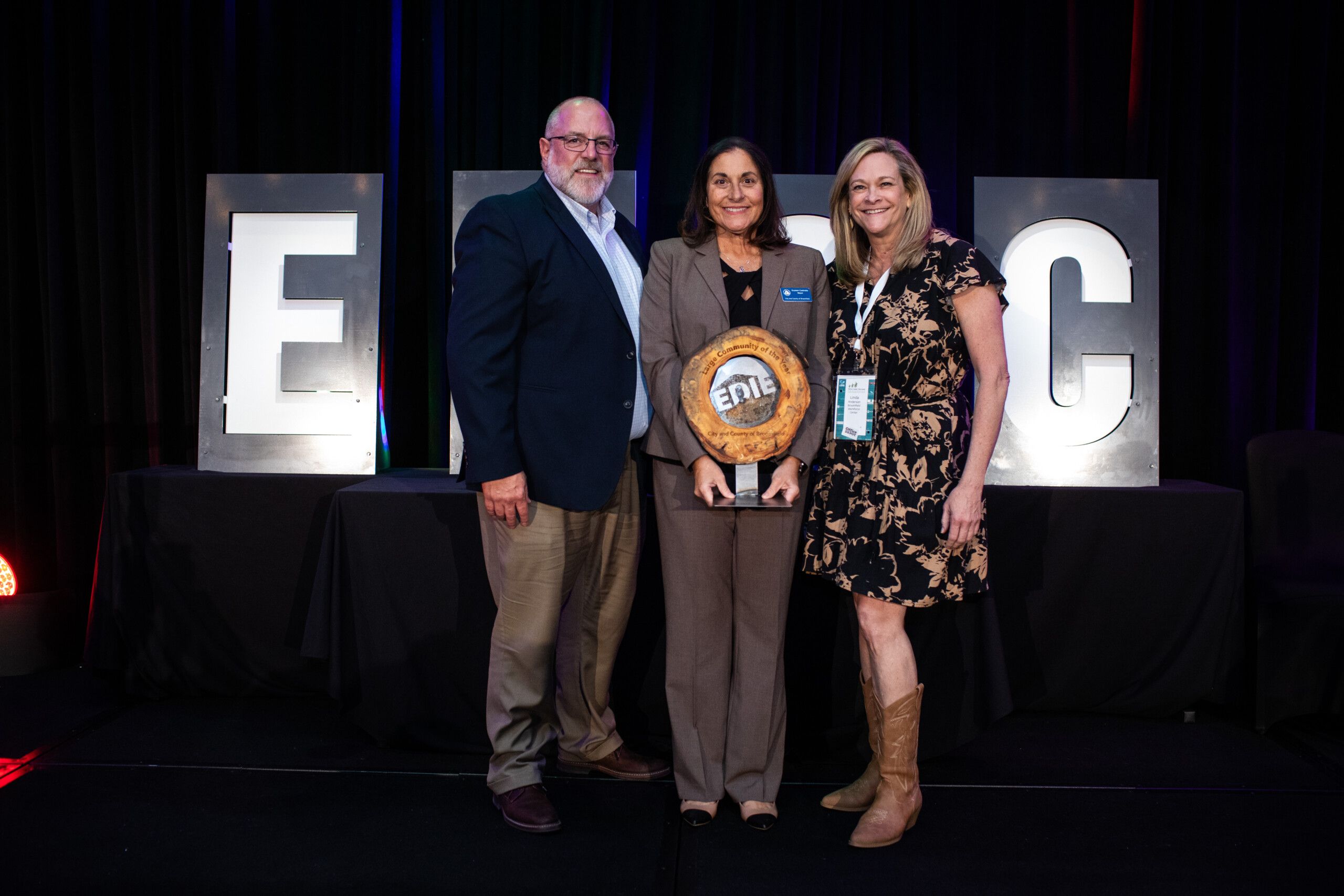Colorado’s stimulus aid to businesses could take months to distribute

DENVER — The Colorado General Assembly wrapped up its special session this week to commit hundreds of millions of dollars to COVID-19 relief amid weeks of rapidly rising infection loads and several counties restricting business activity further to slow the virus spread.
While there are some pipelines already in place to get that money in the hands of businesses, that support likely won’t arrive until possibly February of next year and well past the period where public health officials fear an even greater rate of infection across the state.
Small business aid
This bill earmarks about $57 million in total from the state’s general fund, with $37 million for small businesses, $7.5 million for cultural organizations and $4 million for firms owned by people of color.
The remainder of those funds will be used to backfill lost revenues from waivers on health inspection and liquor licensing fees on businesses for the year.
The $37 million worth of small business funds will first go to the Colorado Department of Local Affairs, which will develop a formula to split those funds on a per-capita basis to the counties and some cities.
It also specifically earmarks 10% of that pot for additional support to the 52 counties that have a population of less than 100,000 people.
A business is eligible for aid if it had less than $2.5 million in revenue in 2019 and meets other specific COVID-related criteria like losing at least 20% of its revenue since March due to capacity restrictions and saying that it intends to stay in business for at least six months after getting a grant. Those businesses also must apply for funding, likely through their county office.
Depending on how much revenue it made last year, a business could receive up to $7,000 in grants.
Brett McPherson, a spokesman for DOLA, told BizWest via email that the process for dividing the funding will be completed next week, while the counties will act as an intermediary in getting the funds to their local businesses.
Margaret Hunt, the executive director of Colorado Creative Industries under the state’s Office of Economic Development and International Trade, said the division has yet to finalize guidelines and funding criteria for distributing the funds.
However, she said the funding would be prioritized for groups that have the “greatest need based on revenue losses due to COVID.”
Child-care assistance
HB 2 splits $45 million into two distinct funding sources: $34.8 million to help keep licensed child-care providers and youth organizations open and avoid furloughs, layoffs or pay cuts, and the remaining $8.75 million is earmarked to help existing child-care centers add capacity and to offset the costs for child-care professionals seeking to get licensed for a new location.
The grants to keep child-care centers open spans from $500 to $35,000 per recipient, while the expansion funding ranges from $3,000 to $50,000.
The funding mechanism in this bill is similar to the small-business aid: The Colorado Department of Human Services will split the funding between the state’s 34 early childhood councils that manage local services.
Sheri Hannah-Ruh, the director of early childhood institutes at the Weld County Early Childhood Council, said the cash earmarked for expansion could be used by parents who quit their jobs to watch their children while they learn remotely to take in other children and form small businesses of their own.
Restaurant taxes
HB 4 allows bars, restaurants, food trucks and other food-and-drink establishments to deduct $70,000 in net taxable sales from their monthly tax remittance from November and December of this year through February 2021. Legislative staff estimate this would allow eligible businesses to keep up to $2,000 per month that would otherwise go into the state’s coffers.
This bill is estimated to cut the state’s revenues by between $39.3 million and $52.8 million for the coming fiscal year.
Too little, too late?
The bureaucratic process in distributing the legislature’s funds could mean those dollars won’t arrive for several more months, leaving the aid coming late for businesses who may not be able to avoid permanently closing down.
SB 1 requires the state to distribute funds to counties by Jan. 15 at the latest and requires the counties to send that money to applicant businesses before Feb. 12. Meanwhile, the child-care support bill sets a deadline for early childhood councils to give out their allotted funds by Feb. 21.
This could pose a particular challenge to counties that are already stretched thin by managing the holiday season and distributing what remains of the CARES Act funding from Congress by the end of the month, all while working remotely.
Adding the distribution of millions of dollars onto that workload may force local governments to move faster than ever before, just as how the legislative process at the Capitol moved far faster than the normal timeline for enacting new laws.
“It’s lightspeed, the stuff we’re trying to do here,” said Eric Bergman, the policy director for Colorado Counties Inc.
But several counties aren’t starting totally from scratch.
Bergman said many of Colorado’s counties have already set up grant programs this year, either by themselves or in partnership with a local non-profit or economic development entity.
Those efforts could be adapted to funnel state dollars to businesses instead of building a brand new system.
Hannah-Ruh said the state already has a blueprint to distribute the child-care funds after it received CARES Act funding from the federal government this year. While she hopes CDHS and other state agencies will work quickly to get the money to providers, the situation is not where Colorado is figuring out how to send funds out from scratch.
“This system is already in place, and those funds should be out the door relatively quickly. I wouldn’t think they would even take past Jan. 31,” she said.
It’s also not clear that the funds provided to businesses will be anywhere near enough to offset the lost revenues from capacity restrictions.
The fiscal note for the small business grants estimates that if 20,000 businesses in Colorado apply for grants, that $37 million would amount to just $1,671 per firm after paying an $87 application fee.
While the amount of money businesses could get is yet to be determined, Bergman said any funding right now could be critical in bridging a business to the end of the pandemic.
“I think for some it’s going to be probably not enough,” he said. “But I think it’ll be meaningful. There’ll be some small mom-and-pops that $5,000 could be the difference that could mean paying that lease at least one more time, or paying your staff for one more month and trying to get over the hump.”
© 2020 BizWest Media LLC
DENVER — The Colorado General Assembly wrapped up its special session this week to commit hundreds of millions of dollars to COVID-19 relief amid weeks of rapidly rising infection loads and several counties restricting business activity further to slow the virus spread.
While there are some pipelines already in place to get that money in the hands of businesses, that support likely won’t arrive until possibly February of next year and well past the period where public health officials fear an even greater rate of infection across the state.
Small business aid
This bill earmarks about $57…




